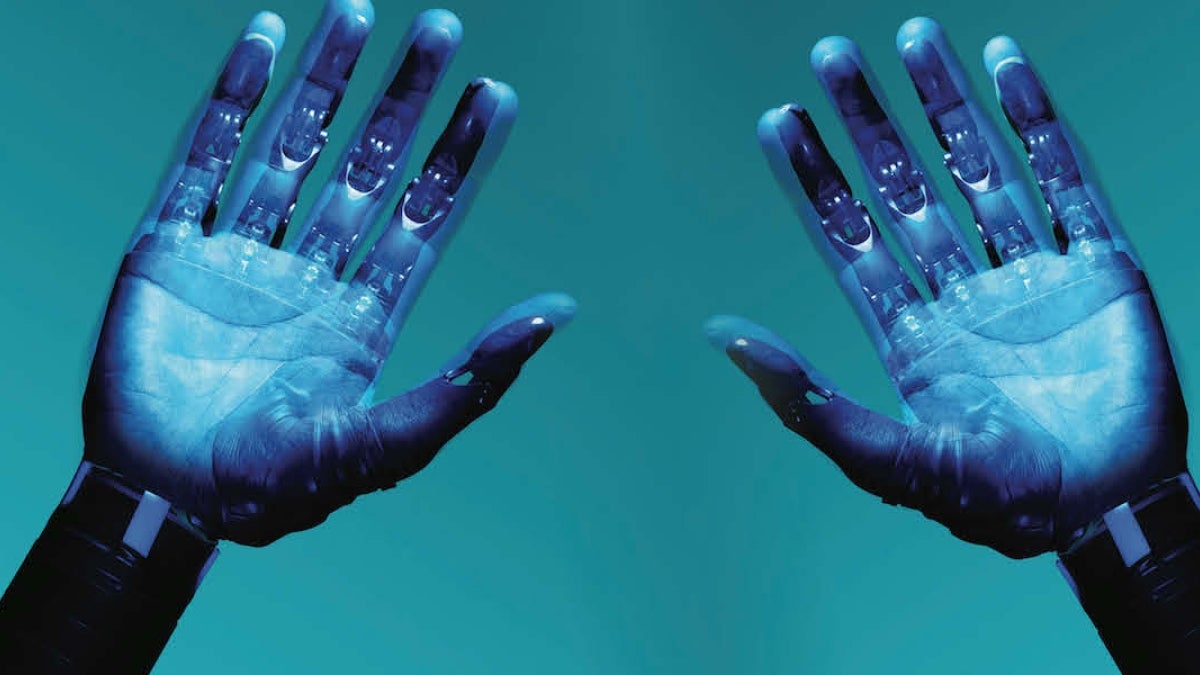Arizona State University's Center for the Study of Religion and Conflict, in conjunction with Beyond Secularization: Religion, Science and Technology in Public Life, will host a public lecture on Tuesday, April 6, titled “Science, Religion, and Society: Lessons from the U.S. Case”. The event will be held at 1 p.m. MST and will be streamed live online via ASU Live, YouTube Live and Zoom webinar.
The event will feature a talk by Andrew Jewett, the author of "Science under Fire: Challenges to Scientific Authority in Modern America" (Harvard University Press, 2020) and the Martha Daniel Newell Visiting Scholar at Georgia College. The talk will be followed by a discussion led by Ben Hurlbut, an associate professor in the School of Life Sciences.
Jewett, who is also a visiting scholar with the Beyond Secularization project, will explore how social and cultural developments in the 20th-century United States helped to cement the belief that science is value-neutral, seen as both fundamentally opposed to politics and entirely separate from religion.
According to Jewett, the core image of science as innately amoral underlies many of the contours of contemporary public skepticism toward science and scientists including:
- A longstanding fear that science authorizes false and damaging understandings of who we are and how we behave.
- A concern that science replaces a view of humans as moral beings with an understanding of humans as animals or machines.
- A deep mistrust of those who conduct scientific experiments, concerning to those on both sides of the political aisle and especially strong among among Black and Latino Americans.
- A populist critique of concentrated power in the hands of experts.
- An enduring worry by the Christian right that science and scientists contribute to “secularism,” which some view as a dangerous socialist religion.
Tracing the historical sources of these concerns, Jewett will examine the pervasive sense of moral aimlessness in these narratives, linking them to particular moments when science has been both culturally influential and publicly disputed. Building on his recent book, Jewett will offer a series of historically grounded reflections on how we might move beyond such entrenched dichotomies.
As the Beyond Secularization team has shown, such instances of contestation point to a double bind: People are both dependent on technological innovation and suspicious of where science and technology may be headed. Further, such ill ease raises questions not only about science and technology but also about religion.
Extending ongoing conversations that are central to the Beyond Secularization project, this event invites discussion about the intertwining of religion, science and technology and the ways their interlacing visions of progress underpin common understandings of what it means to be human, live a good life and aspire to a better future.
For more information or to register for this and other events, visit https://csrc.asu.edu/events. Video of the event will also be available following the event via the center’s YouTube channel.
The Center for the Study of Religion and Conflict is an interdisciplinary research unit of The College of Liberal Arts and Sciences that examines the role of religion as a driving force in human affairs. The Beyond Secularization project is supported by the Center for the Study of Religion and Conflict and funded by a grant from Templeton Religion Trust.
Written by Jennifer Clifton, research coordinator, Beyond Secularization, Center for the Study of Religion and Conflict
More Science and technology
Statewide initiative to speed transfer of ASU lab research to marketplace
A new initiative will help speed the time it takes for groundbreaking biomedical research at Arizona’s three public universities…

ASU research seeks solutions to challenges faced by middle-aged adults
Adults in midlife comprise a large percentage of the country’s population — 24 percent of Arizonans are between 45 and 65 years…

ASU research helps prevent substance abuse, mental health problems and more
Smoking rates among teenagers today are much lower than they were a generation ago, decreasing from 36% in the late 1990s to…
